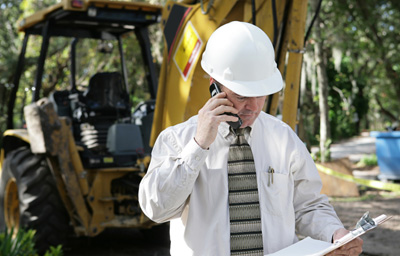(1) The building and construction industry is the industry of constructing, reconstructing, reconstructing, renovating, altering, demolishing, relocating, maintaining or repairing any of the following—
- buildings;
- spa pools and swimming pools;
- roads, railways, airfields or other works for the passage of anything;
- breakwaters, docks, jetties, piers or wharves;
- works for solid waste disposal;
- works for subdividing or developing land;
- works for the improvement or alteration of a harbour, river or watercourse for navigation purposes;
- works for the storage or supply of water or for flood mitigation;
- works for the irrigation of land;
- works for the conveyance, treatment or disposal of sewage or of the effluent from any premises;
- works for extracting, refining, processing or treating materials or for producing or extracting products and by-products from materials;
- works for conveying products, by-products or materials;
- works for the drainage of land;
- works for the storage of liquids, other than water, or gases;
- works for the generation, supply or transmission of electric power;
- works for telecommunication or for the transmission of radio or television;
- bridges, viaducts, aqueducts or tunnels;
- chimney stacks, cooling towers, drilling rigs, gas holders or silos;
- pipe lines;
- navigational lights, beacons or markers;
- pile driving works;
- sporting or recreational facilities;
- earthworks, other than for farming;
- fences, other than fences on farms;
- structures, fixtures or other works not included in paragraphs (a) to (x), but not including earthworks for farming or fences on farms.
(2) The building and construction industry also includes landclearing and site preparation, other than for farming.
(3) The building and construction industry also includes the industry of, whether on or off site—
- constructing a thing, other than ordinary stock for sale, in accordance with working drawings; or
- deconstructing, reconstructing, renovating, altering, demolishing, relocating, maintaining or repairing a thing, other than ordinary stock for sale, constructed in accordance with working drawings.
(4) The building and construction industry does not include the industry of performing maintenance or repairs of a minor nature to anything mentioned in subsection (1) or
(3) for a person not substantially engaged in activity mentioned in subsection (1), (2) or (3).








